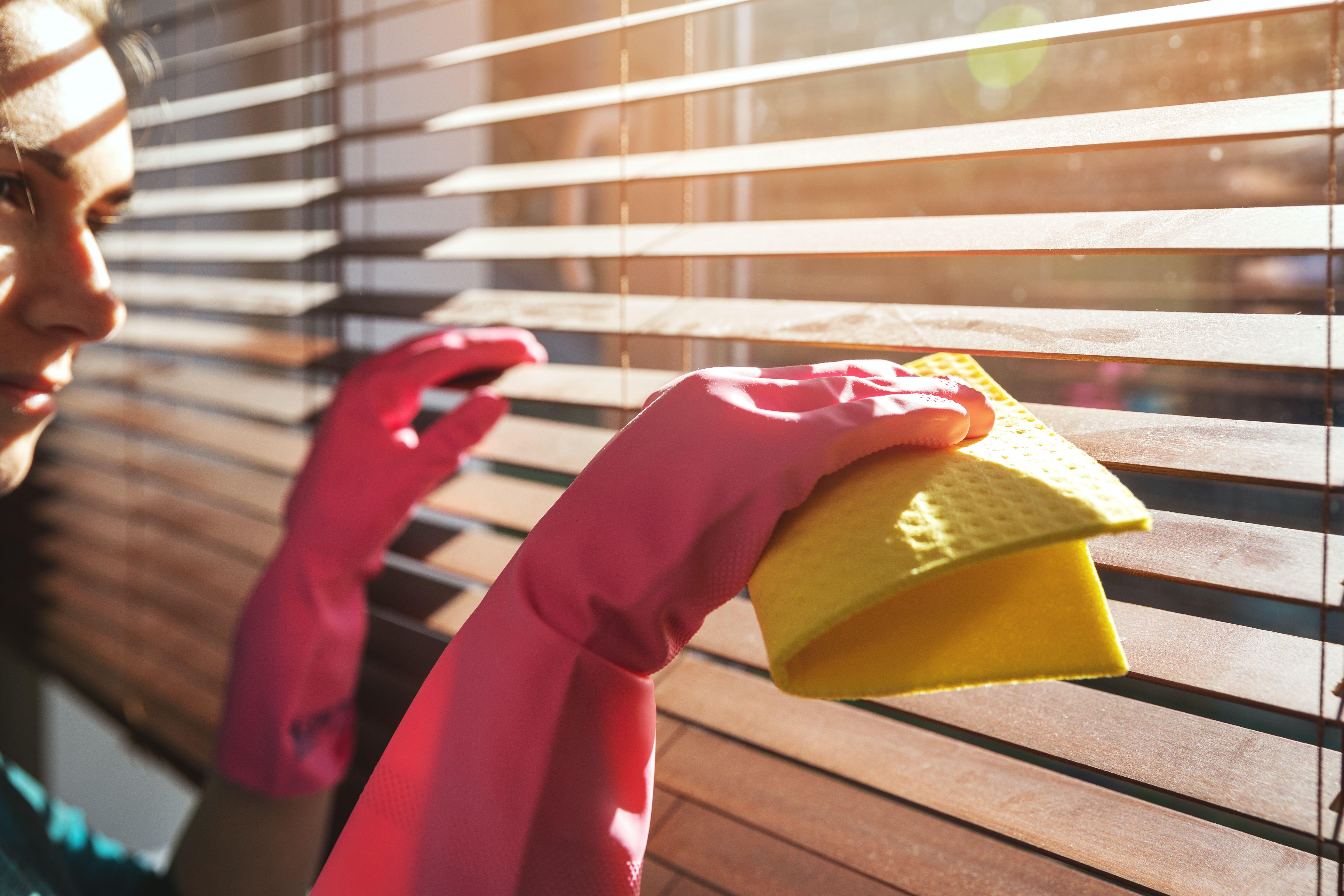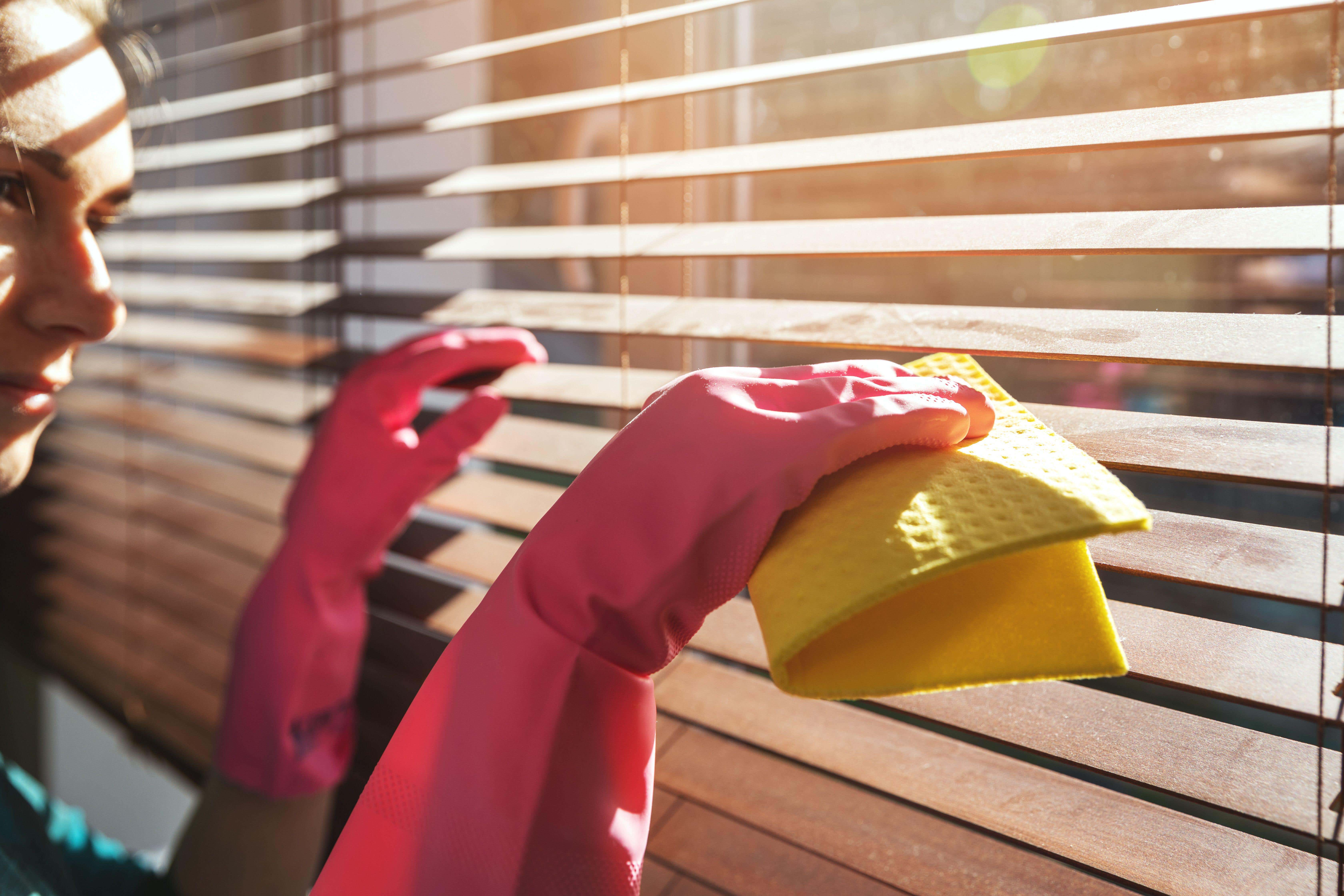The hidden spots in your house that could be making you seriously ill
Your lungs and eyes are art risk

Your support helps us to tell the story
From reproductive rights to climate change to Big Tech, The Independent is on the ground when the story is developing. Whether it's investigating the financials of Elon Musk's pro-Trump PAC or producing our latest documentary, 'The A Word', which shines a light on the American women fighting for reproductive rights, we know how important it is to parse out the facts from the messaging.
At such a critical moment in US history, we need reporters on the ground. Your donation allows us to keep sending journalists to speak to both sides of the story.
The Independent is trusted by Americans across the entire political spectrum. And unlike many other quality news outlets, we choose not to lock Americans out of our reporting and analysis with paywalls. We believe quality journalism should be available to everyone, paid for by those who can afford it.
Your support makes all the difference.A warning has been issued about ‘hidden’ health traps in your home.
Just like pollen, dust is a common allergen, and those dust bunnies in forgotten corners of the house could be secretly causing us health problems.
So, if you’re wondering whether it’s time for a good spring clean, your lungs and eyes could thank you for it.
When it comes to ‘hidden’ dust, Nicola Alexander-Cross, an optometrist and co-founder of eyecare brand, Peep Club, says problematic areas include “the kitchen or bath/shower – since it’s where we spend a lot of our time and because of the added humidity. And after that, the bedroom – especially if sheets aren’t washed regularly enough,” she adds.
Emma Rubach, head of health advice at the charity Asthma + Lung UK, says dust can be a really tricky thing to tackle in the home.
“There’s dust everywhere. Dust is usually the product of shedding skin from humans and pets, as well as dust found in soft furnishing, and even if you cleaned all the time, it would be really hard to get rid of it,” says Rubach.
“This can become more a problem at certain times of the year, as first turning on your heating in October will trigger dust mites to mate, meaning there will be more in the house to cause an allergic reaction,” she adds.

There are particular spots in the house which may get neglected too, including children’s toys or items that spend most of the year in storage, such as Christmas trees. It’s worth keeping this in mind if being around dust does tend to set off any symptoms.
Are you allergic to dust?
Being allergic to dust is not actually uncommon, especially if you are prone to similar allergic reactions. Symptoms of a reaction to dust include sneezing, a runny nose, watery, irritated eyes, and sometimes itching all over.
Dust can trigger asthma
If you have asthma or a pre-existing lung condition, too much dust in the home could trigger a reaction. As well as some of the allergy reactions listed above, you might notice coughing and breathlessness and a general increase in symptoms.
“It’s actually really important if you know that you’ve got a dust allergy and that dust is triggering your lung health symptoms, to make sure you’re regularly taking your prescribed medicine, because it’s very hard to avoid dust unfortunately. Make sure you’re ventilating your home, make sure you’re cleaning – but it’s very difficult to get your home clear of dust so it’s really, really important to make sure you’re taking your medicines as prescribed,” stresses Rubach.
“If you have asthma, it’s really important to make sure that you’ve got a blue reliever inhaler, which will help you if your symptoms do flare up.”
Too much dust exposure can irritate your eyes
Dust particles can often get trapped in eyelashes and may cause irritation to the eye until they’re cleaned off. If you notice that your eyes have symptoms – redness, itchiness, watering – after you’ve swept the house or vacuumed, then it could well be that you have a dust allergy or particularly sensitive eyes.
When this happens, it’s important not to rub your eyes. “Rubbing the eye can cause micro scratches to your cornea and will make the symptoms worse,” Alexander-Cross says.
Instead, she suggests applying a cool compress or taking a cool shower, as heat can cause the blood vessels to dilate, which may make the irritation worse. Other tips include ventilating the house as much as possible by opening windows to let in fresh air, and also cleansing your eyes to remove the dust particles from your eyelashes.